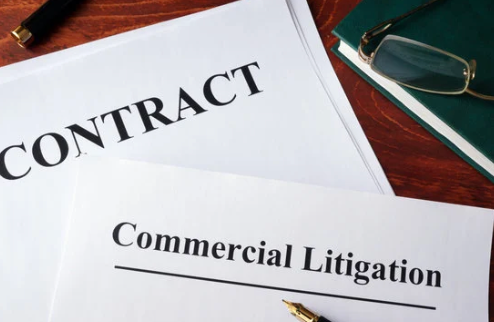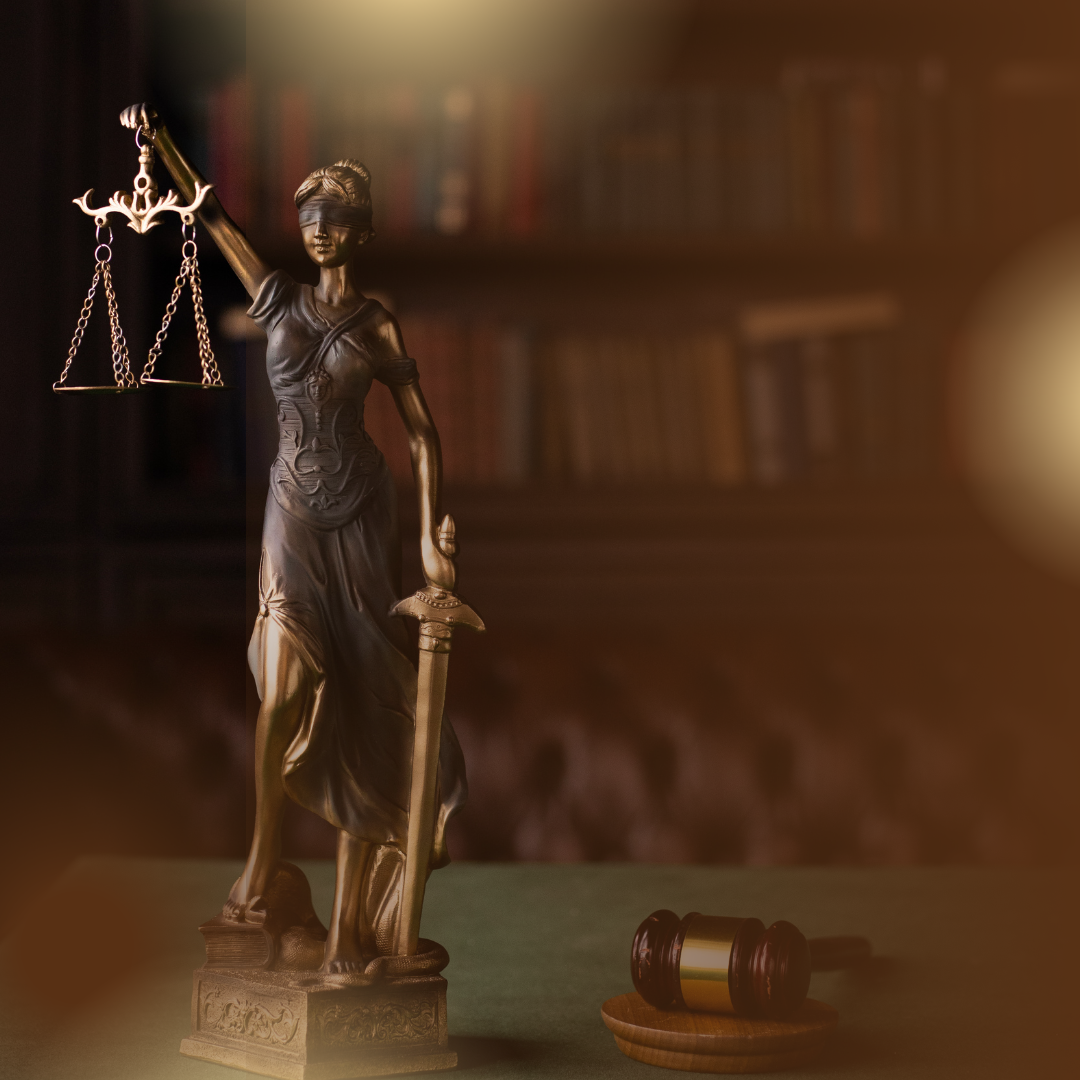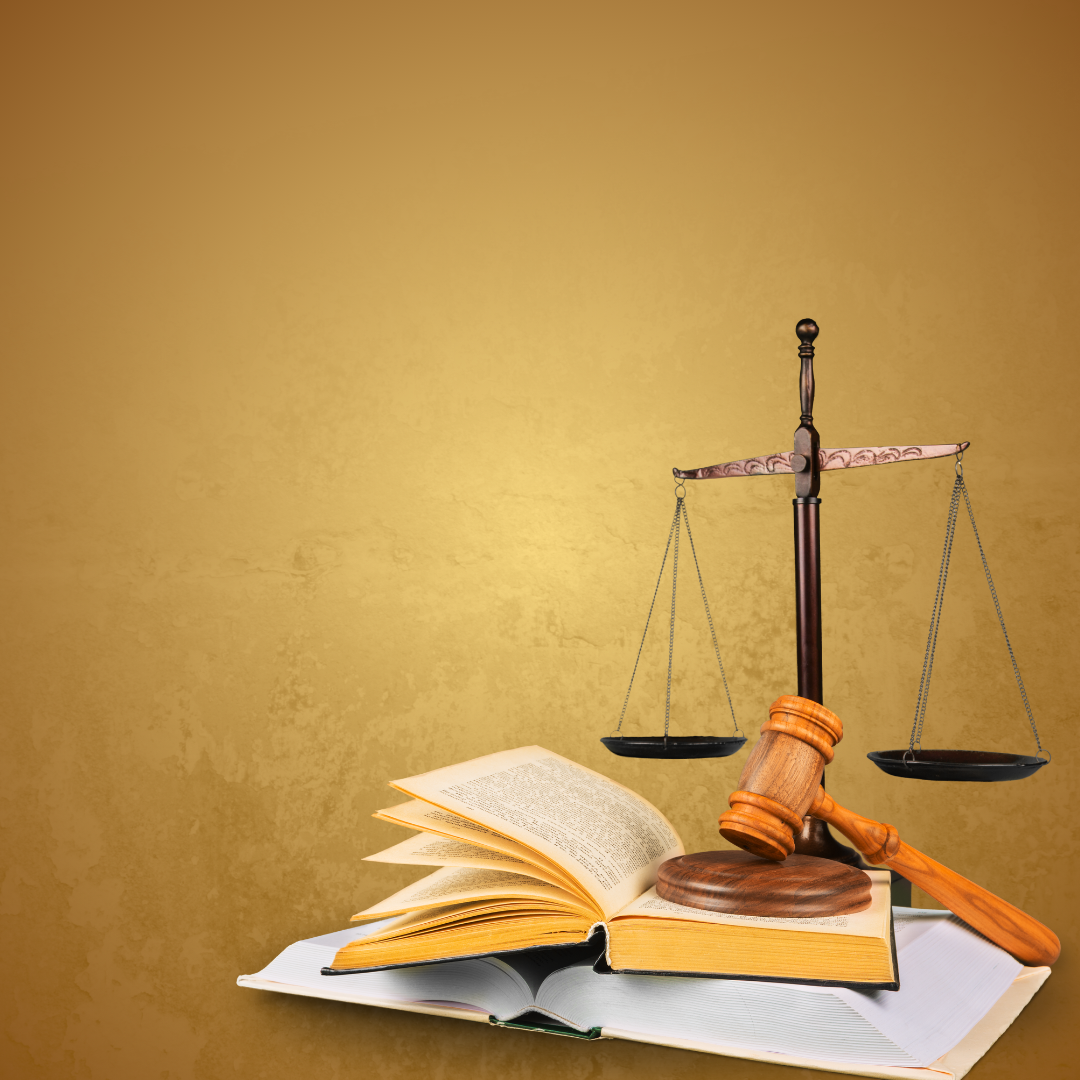When conflicts arise, knowing your options for resolving them can be empowering. Litigation and dispute resolution offer different pathways to settle disputes, each with its own set of benefits and challenges. This guide aims to clarify these processes, helping you make informed decisions when faced with legal conflicts.
What is Litigation and Dispute Resolution?
Litigation involves resolving disputes through the court system. It’s a formal process where a judge or jury determines the outcome based on presented evidence and arguments. On the other hand, dispute resolution includes various methods for settling conflicts outside of court, such as mediation, arbitration, negotiation, and collaborative law. These methods can be more flexible and quicker than litigation.
Exploring Dispute Resolution Methods
Different disputes may require different approaches. Here’s a closer look at some common dispute resolution methods:
- Mediation: A mediator assists both parties in reaching a mutually satisfactory agreement. This method is collaborative and often preserves relationships.
- Arbitration: An arbitrator hears both sides and makes a binding decision. It’s less formal than litigation but still offers a definitive resolution.
- Negotiation: The parties involved directly communicate to settle their differences. It’s often the simplest and quickest method.
- Collaborative Law: Each party has a lawyer, and everyone works together to find a solution that works for both sides.
- Litigation: When other methods fail, litigation is the formal process of resolving disputes in court.
Understanding these methods can help you choose the right approach based on your specific needs and circumstances.
The steps in litigation
If you’re considering litigation, it’s helpful to know what to expect:
- Pre-litigation preparation: Gather all relevant information and seek legal advice.
- Filing the Lawsuit: The process begins with submitting a complaint to the court.
- Discovery: Both sides exchange information and evidence.
- Pre-trial Motions: Lawyers may file motions to address issues before the trial starts.
- The Trial: Both sides present their cases to a judge or jury.
- Post-trial Actions: Depending on the verdict, there might be appeals or other post-trial motions.
Litigation services can help you navigate each step, ensuring your case is presented effectively.
Weighing the pros and cons of litigation
Pros:
- Definitive outcomes: Court decisions are legally binding.
- Formal Process: The structured nature can provide a clear resolution.
- Public Record: Proceedings are public, which can be beneficial for transparency.
Cons:
- Lengthy Process: Litigation can be time-consuming.
- High Costs: Legal fees and court costs can be significant.
- Stressful Environment: The adversarial process can be emotionally draining.
Advantages and Drawbacks of Alternative Dispute Resolution (ADR)
Pros:
- Cost Efficiency: ADR is usually less expensive than litigation.
- Speed: ADR processes are generally faster.
- Privacy: ADR can be confidential, unlike court proceedings.
Cons:
- Non-binding Results: Some ADR outcomes, like mediation, are not legally binding.
- Limited Discovery: The evidence-gathering process can be less comprehensive.
- Variable Quality: The success of ADR often depends on the skills of the mediator or arbitrator.
Making the Right Choice for Your Dispute
Choosing the best method to resolve your dispute depends on various factors:
- Dispute Nature: Complex issues might be better suited for litigation, while simpler conflicts could benefit from mediation or arbitration.
- Cost Considerations: ADR methods are typically more affordable.
- Time Constraints: If you need a quick resolution, ADR might be preferable.
- Relationship Dynamics: ADR can help maintain relationships by fostering a collaborative environment.
ADEL LAW LLC is here to assist with all your litigation and dispute resolution needs. Our experienced team, led by Mohammed Shakirin, is committed to providing personalized and effective legal services. Whether you need assistance with commercial litigation, mediation, arbitration, or other dispute resolution methods, we’re ready to guide you through the process. Contact us today to discuss how we can help resolve your legal conflicts efficiently and professionally.




